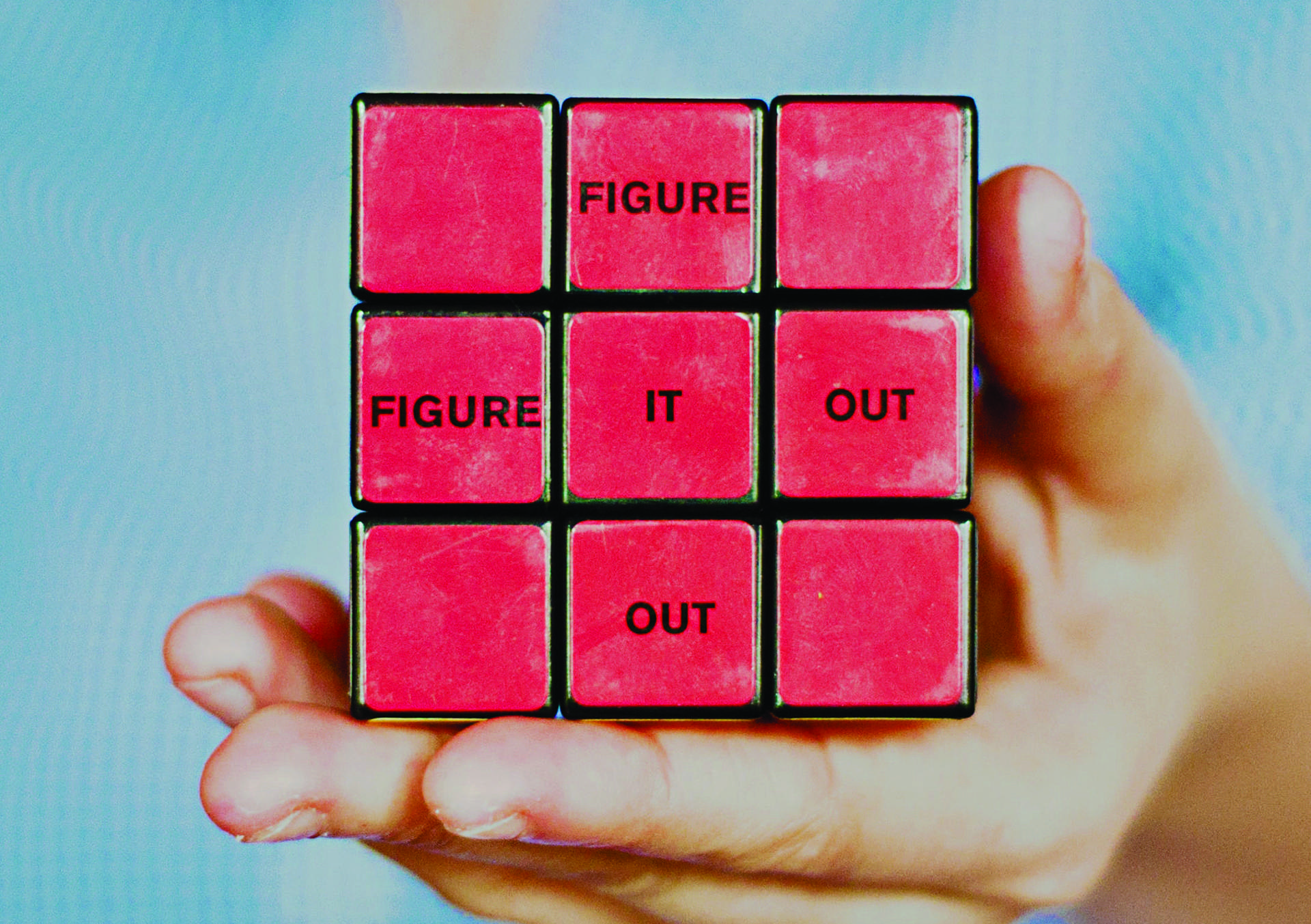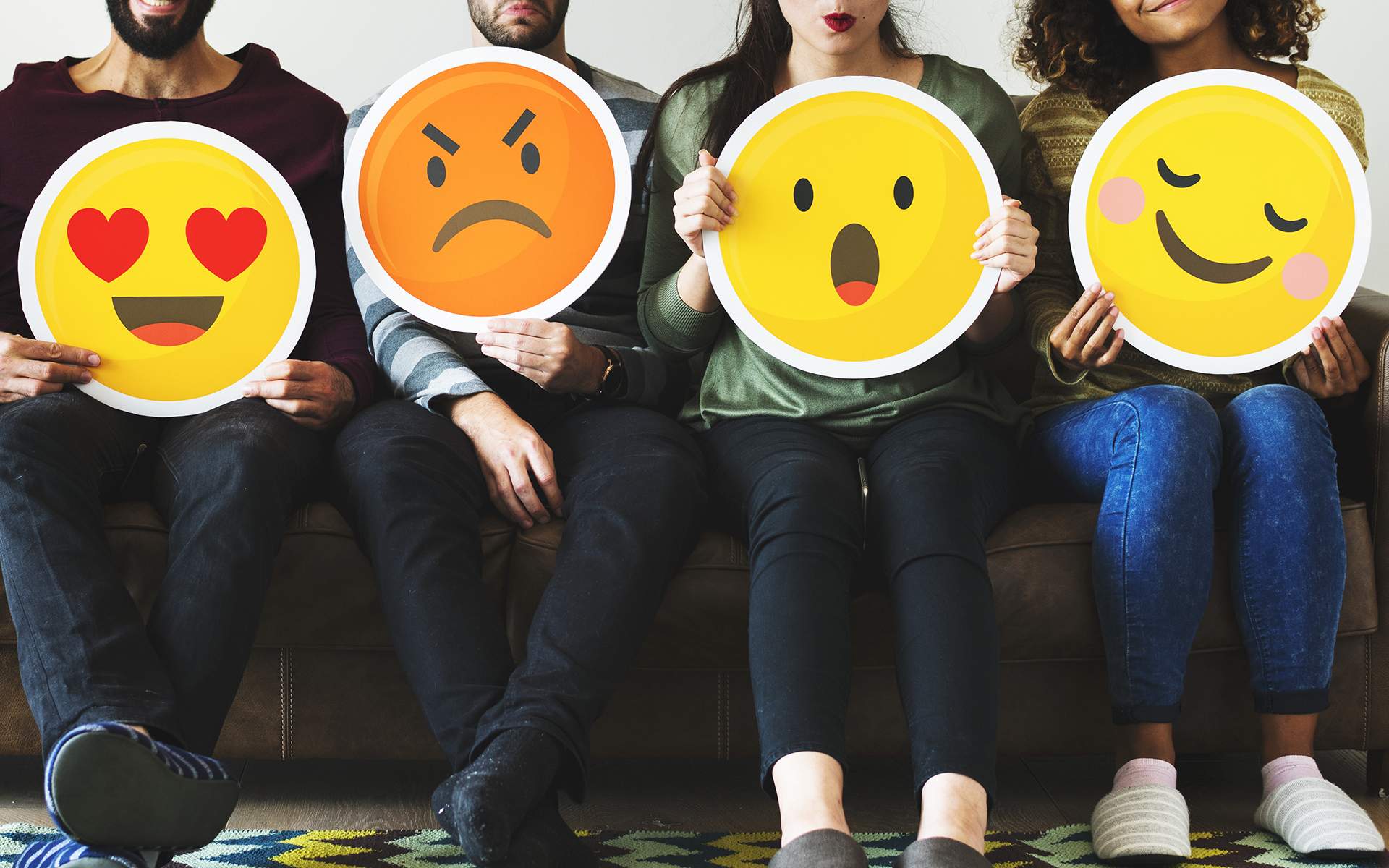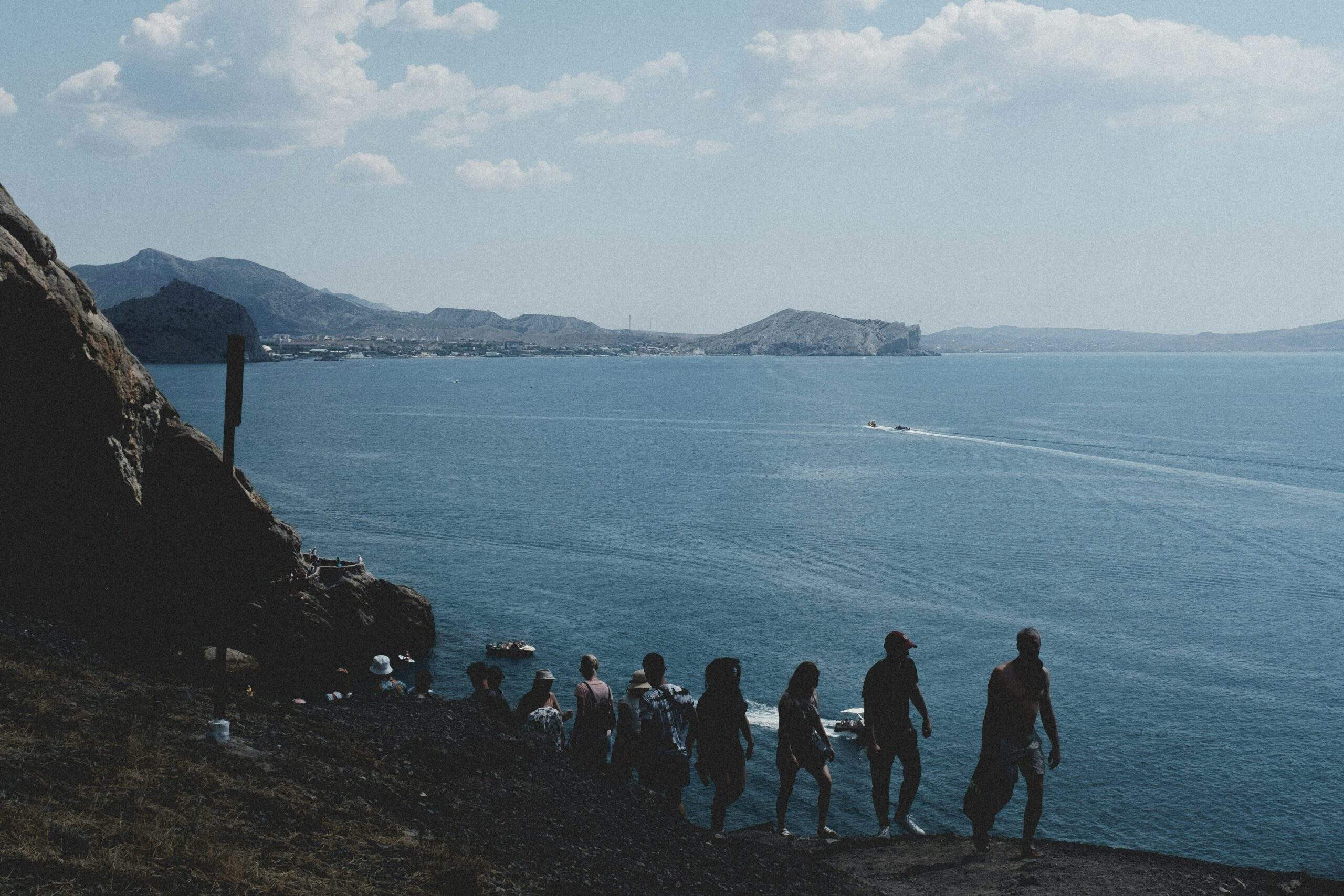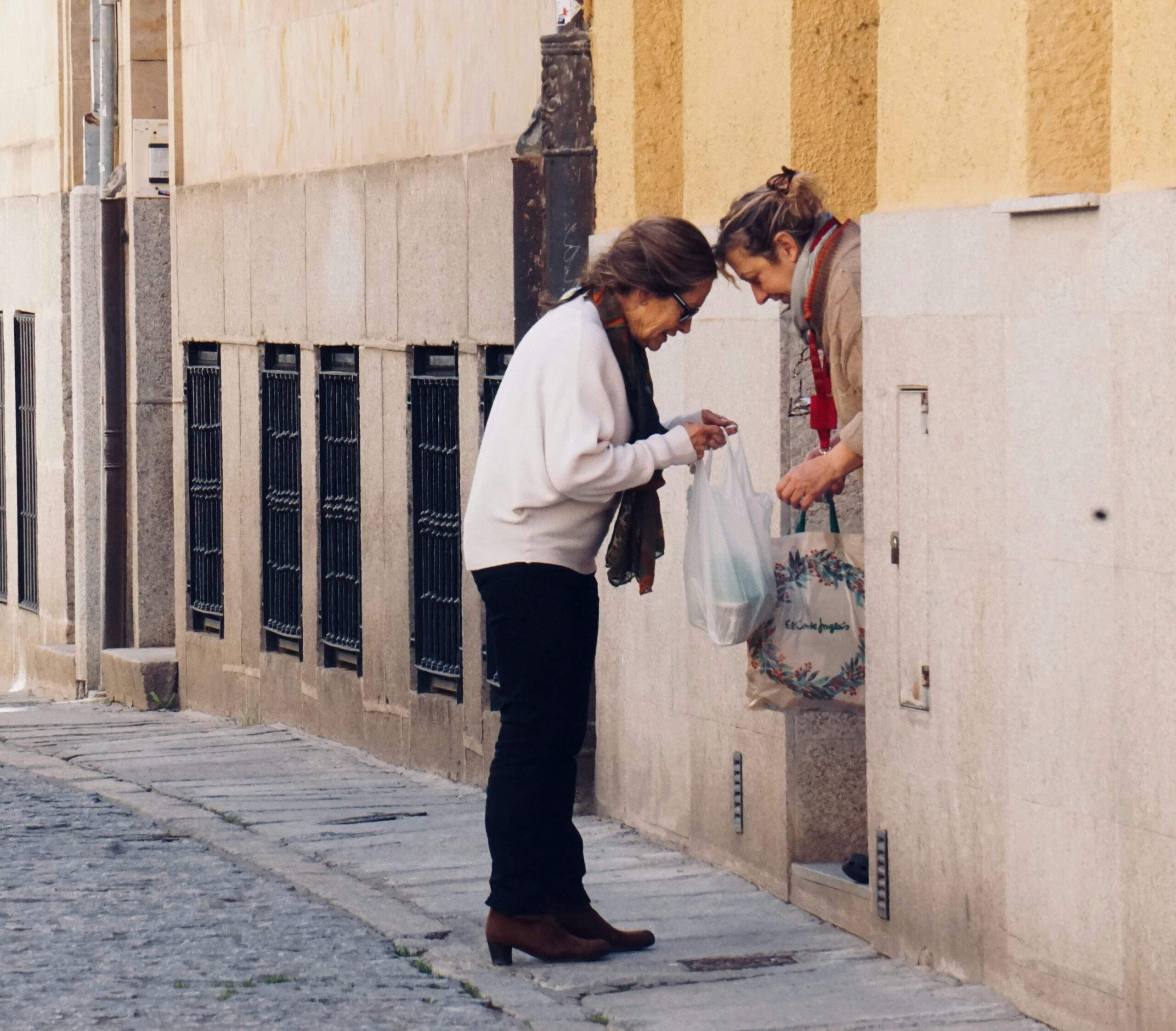I guided the meditation with fewer words, leaving ever more space. The air seemed to crackle with restless silence. Afterwards, several students said they prefer more guidance—otherwise, they felt they were floundering. I grew curious and asked the group, “What’s wrong with floundering?”
Floundering can make you feel excruciatingly vulnerable. It feels threatening and as if you’re out of control. It drips with embarrassment, weakness, a sense of being off-kilter. Everyone’s agreed then. Avoid floundering!
But since we’ve all had to grapple with many destabilizing factors, off-kilter is what’s on the menu lately. Perhaps floundering with grace and openness is the next big skill we must learn, to be resilient in the face of uncertainty and distress.
Floundering Toward Clarity
It’s inevitable that we’ll flounder when we can’t see the way forward. We flounder until we collect enough experience to proceed with more clarity. You might flounder in the face of what you’ve never had to do before and have to figure out in a hurry. Maybe you’re suddenly homeschooling your child, reorienting your job life, or choosing to listen and learn to allow the deep and necessary work of having conversations about racism to help change the world. You might be very smart and still flounder incompetently the first time you have to run a Zoom meeting or help your dad—or someone else’s dad—understand that the joke he just told is inappropriate. You might flounder when someone holds you accountable for something you thought was fine yesterday, but now you understand differently. Floundering can feel very awkward, so have some compassion for yourself. If you can stay with it, eventually you’ll likely find firmer ground.
We flounder until we collect enough experience to proceed with more clarity. You might flounder in the face of what you’ve never had to do before and have to figure out in a hurry
This is not to say that floundering forward is seamless. There’s no certainty that you will find anything solid, but this is also an excellent practice and it can yield amazing fruit.
Stay Present to Opportunities
Floundering is often how leading-edge thinkers and creators find the next big thing. They flounder around in the murky waters of not knowing where the heck to go from here until something shiny beckons, and curiosity pulls them forward, out of the murk.
Innovation requires the wisdom to flounder and stay present even when you want to cut and run. So hang in there, baby.
We Flounder, We Find It, We Fly
In The Art of War, the advice is to know your enemy. Sometimes, our most intimate enemy is our own ignorance, Once we recognize this, we find grace by courageously feeling the destabilizing qualities of floundering. This helps you fall more gently when your knees suddenly give out. Relax with what is beyond your control, but stay alert to opportunities, from job leads to better listening. Watch for what’s out there waiting to be discovered.
Mindfulness trains you to let go of habitual reference points and splash around in the creative space of not knowing until you find what you need. We figure things out by trying things out, floundering and finding it. It’s a master skill to trust that life coalesces out of formlessness. It comes from letting curiosity pull you from helplessness to mastery.
How to: Flounder, Find It, Fly
- Get comfortable with tolerating the flailing insecurities that are the fins of floundering.
- Flounder with presence and intention: Instead of resisting, check out what happens when you allow life’s inevitable moments of helplessness to be part of the picture. Learn and grow for the benefit of all.
- Remind yourself that floundering is a natural part of life. I’m not suggesting you invite floundering to your next party, but you can offer it some tea if it stops by. Flounder. Find it. Fly.
read more
How We Can Thrive Within Discomfort
Instead of turning away from what feels difficult or painful, mindfulness teaches us that we can learn much from leaning in to any discomfort we’re feeling. Read More
Making Friends with Difficult Emotions
Cultivating a clear awareness of our inner world during moments of strong emotion is a powerful, portable way to step back from the activation, find our calm, and discover a right way forward. Read More










